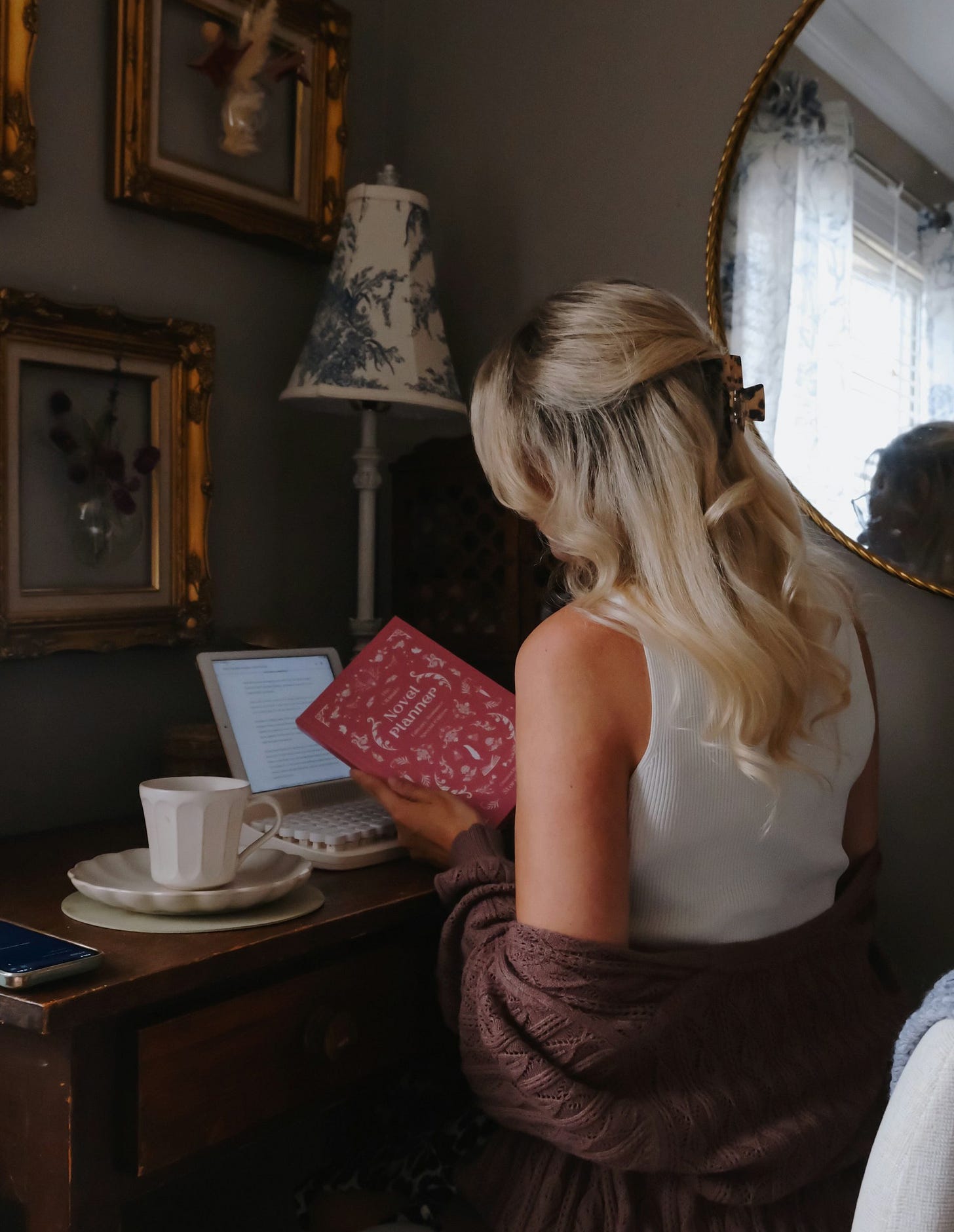Welcome to my series on editing your manuscript for submission. By way of introduction, I’d like to start with a broad picture of how I tackle incoming material, including things I look for and questions I ask myself while reading a manuscript. Then we can break down how you, as a writer, can improve these different aspects of your work before you send it off into the world.

When a query hits my inbox, the truth is sample pages get read last, and in some cases not at all. If an author queries me something in a genre I don’t represent, or if they’re pitching a previously or currently published project, I will pass at the start, because I already know I’m not a good fit for the work. But query etiquette is a topic for another day, and right now we will work under the assumption everything about the query pushes the right buttons—interesting premise in an appropriate genre—and I have moved on to those first ten pages.
Ten pages might seem like a small sample, but opening pages tell so much about a writer’s skill level and their project. First and foremost, I want to feel pulled into the story, compelled to keep reading because the details on the page have made me care and/or made me curious. In order for me to experience that sort of reaction, at least some of the following need to be true:
There’s a character whom I want to follow into the story.
This might be your protagonist or your antagonist, depending how you structure the novel, but regardless, they are an engaging personality on some level that has me curious to see what they do next or what happens to them. I do not have to like them, but I must want to know more about them.

I identify a conflict.
Someone wants something, and there’s an obstacle or challenge in their way. This might be the big-picture conflict of the story or it could be something smaller to kick off the action.
There’s a sense of place.
I have an idea of time and location, and in the case of fantasy there’s some bit of world building or a hint of magic or whatever exists in the novel to slot it into the genre.

The narrative includes movement.
In addition to conflict, something needs to be happening to move the action forward, even if those actions seem small. I look for a sense of momentum that keeps me turning pages.
As I read, I gain context for the details on the page.
This translates in my mind to asking “Why should I care about these characters/events?” Context can include motivations, emotions, some sort of ticking clock that explains why events are playing out a certain way, but I need to start to get a feeling for why I am reading.
Finally, I consider the prose itself.
Is it smoothly written? Does it maintain POV and tense? Is the author prioritizing clarity?
The sooner I can check off these features in the manuscript, the more likely I am to request more—typically a longer partial, but occasionally, if the writing and story really suck me in—a complete manuscript. I do consider other aspects of the writing, but these are the details that anchor the work in my mind.
Once I receive the additional pages, my approach shifts a little. I start again at the beginning and read with the hope of forgetting it’s a submission. Ideally, a manuscript will engross me to the point where I feel like I’m reading a published work, at least for long stretches at a time. The more things that pull me out of the narrative, the more work the writing needs before it’s ready to send to editors.

Getting pulled out of the story doesn’t mean an automatic rejection or even that I’ll stop reading; I expect a submission to need some work. But I do begin to weigh up the editing required against the aspects of the story that work and/or really shine. That balance determines if I ask for the full or contact the author to discuss possible representation versus deciding to pass.
What sorts of things pull me out of the story? Naturally, if the details from the opening pages fail to live up to their potential, I will eventually stop reading. But beyond that, I look for pacing issues—does the action lag for long stretches or get bogged down with too much backstory along the way—and plot holes. I question character choices and motivation. Is the action too predictable? Do the twists work? And with a full, I consider whether the resolution has been earned and if the ending is emotionally satisfying, with required loops closed and answers provided.
By nature, I am an editorial agent, and I enjoy working with my clients to polish up their manuscripts before we go on submission. However, editorial work takes time, and I need to limit clients who require this sort of attention depending on my existing work load. The more tinkering a manuscript calls for, the more I need to love it in order to sign the author.
So, that’s an overall look at how I consider material for representation. In the next post in this series, we’ll zoom in on first pages and discuss how to edit your opening paragraphs to capture and keep a reader’s attention.
In non-agent reading, I am slowly working my way through Kelly Link’s The Book of Love. It was my July 4th indulgence, though I’m a little chagrined at how little progress I made. How is it than an author with five collections of short stories ends up with a debut novel over 600 pages long? I am utterly delighted by it, but given how little personal reading I’ve managed in the last couple of years, it might not have been a great place to work on my reading habit. On the other hand, it’s the perfect book to shake off that need for instant gratification. Thoughts once I’ve finished it.
What’s everyone reading? Any terrific discoveries? Between the 4th here in the U.S. and Canada Day to the north, there has to have been plenty holiday reading going on. At the risk of increasing my TBR list, I’d love to hear what has you excited.
As always, thank you so much for joining me here. Wishing you all some excellent writing and/or reading time. See you in the next one!🥰




Just wanted to say this is so helpful. I’m currently letting my manuscript sit so I forget and read with fresh eyes. I recently reworked the first 50 pages. Now I have something to grade it against. Everything you said here reaffirmed my decision for this big edit. Look forward to your next post!
I just finished “The Second Chance Supper Club” a fun story of two sisters. I uploaded and listened on Speechify, easy to read along or put your headphones on and go do the dishes and laundry.
I've been reading Dracula for a piece I'm writing about 'Salem's Lot. Also rereading the Black Dagger Brotherhood series for a light guilty pleasure.